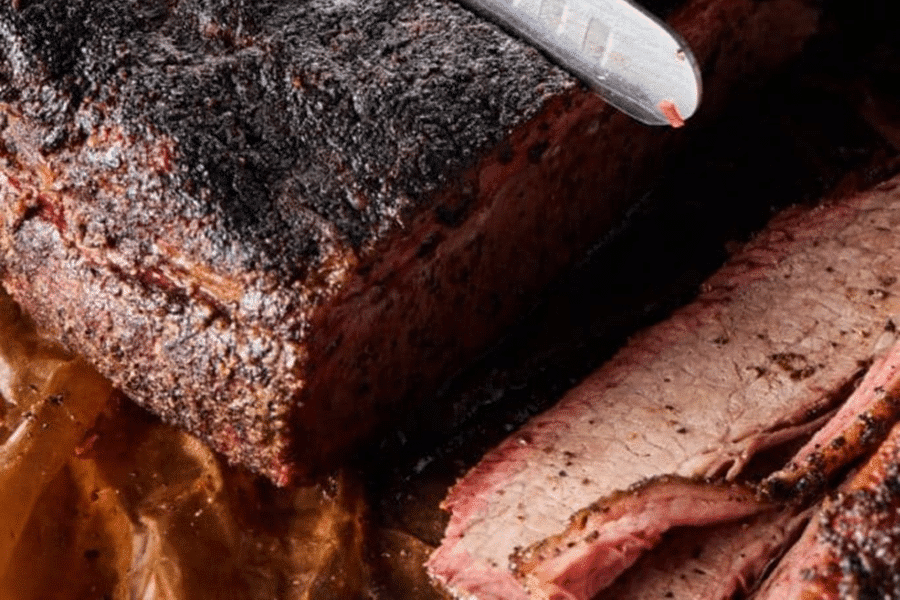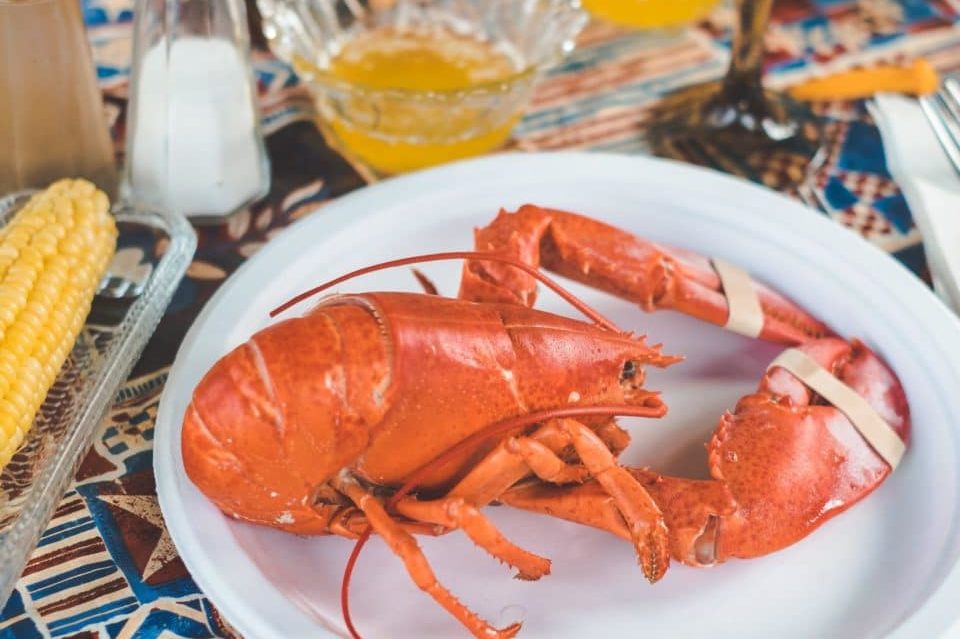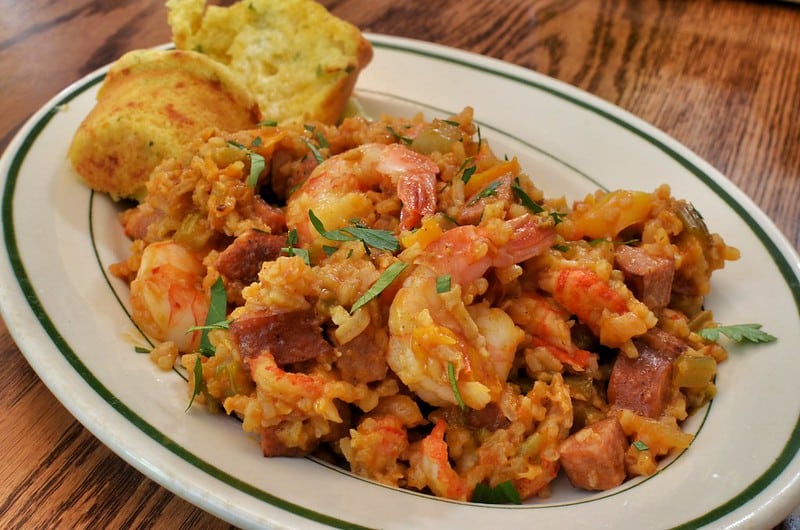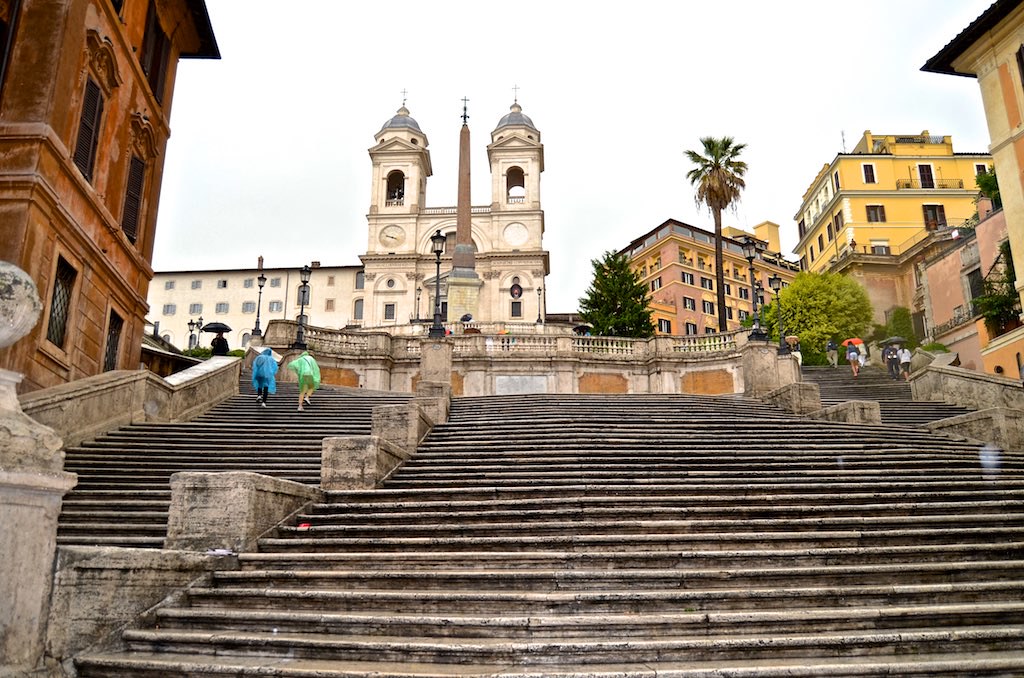My now-adult daughter was seven or eight when, in the middle of a family conversation she asked, “Dad, how come every time we talk about a place, you talk about the food there?” It’s a habit I have not shed. To me, the food of a place is the gateway to its culture and its people. So much of what I have learned about a country or city or town has come from exploring its culinary side. Reflecting on what people love. Sharing meals. It’s the taste and smell and experience that trigger the memories of everything else.
Walking through the Berlin Wall the night it fell (well, actually opened; tearing it down would come much later), November 9, 1989, was mind-boggling. I had been covering East Berlin for years, observing the stark juxtaposition of lives on the opposite sides of a city that had been so unnaturally bisected. Yet my most vivid memory of East Berlin is, before the fall of the wall, enjoying a weisswurst sausage under the S-Bahn elevated train. Plump, white, served with a hard roll and a dollop of mustard. I loved them. Looked forward to them on every visit. And I was well aware that for the local residents, who could not head back to the West at the end of the day, they were one of the few bright spots in a bleak, gray city with neither freedom nor prosperity.
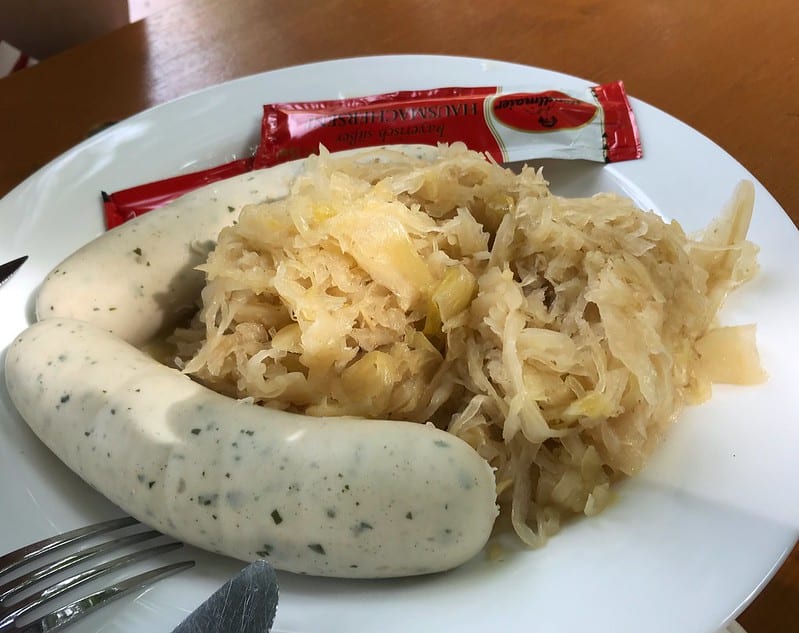
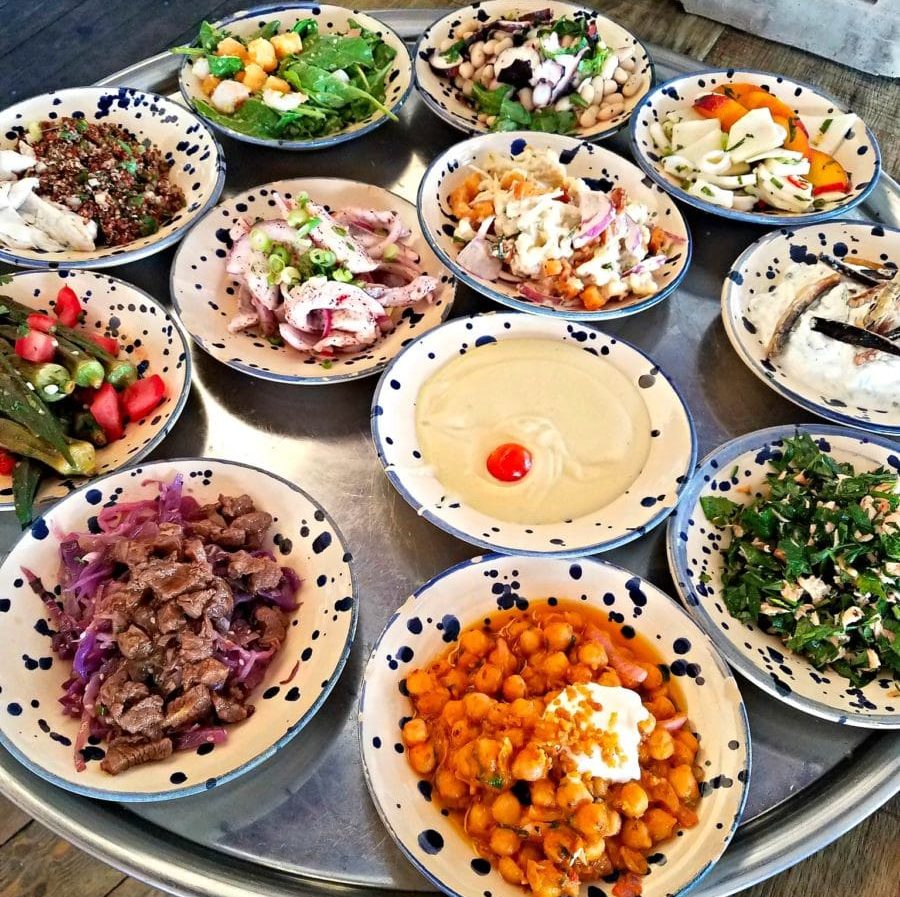
I was in the Israeli controlled, Palestinian populated West Bank, seeking interviews for yet another story about tensions in the region. When I walked up to ask questions of a local family, they invited me into their house—along with my obviously Israeli crew—and insisted on bringing out something for us to eat as we talked. I tried to dissuade them, as it was mid-day during Ramadan, when Muslims cannot eat before sundown. But their culture demanded that they provide us hospitality. So as we talked, they watched us eat delicious homemade lamb and salads, known as a mezze in the US, while they abstained. I’ve covered far too much violence in the Middle East, but this lunch defines for me the hope that things there will one day be peaceful.
I have been to Rome many times. I have had many great meals there and adore the food. Especially the wild boar prosciutto at a small restaurant on the Piazza del Collegio Romano just a few blocks from the NBC News bureau. Yet, my defining memory of Rome is caprese. One magnificent tray of caprese. I had been in Iraq for a very long time in very unpleasant conditions. War with the US was looming and, by the time the government kicked me out, I was exhausted and deeply in need of a break. Instead of flying directly to my home base of Frankfurt, I asked a wonderful woman in NBC’s Rome Bureau to book me a stop in that city first, specifically at one of the world’s greatest hotels, the Hassler, atop the Spanish steps. And I asked her to make a special request (this was the kind of hotel that expected that sort of thing), to tell them I hadn’t had a fresh vegetable in forever and would appreciate a caprese, a plate of
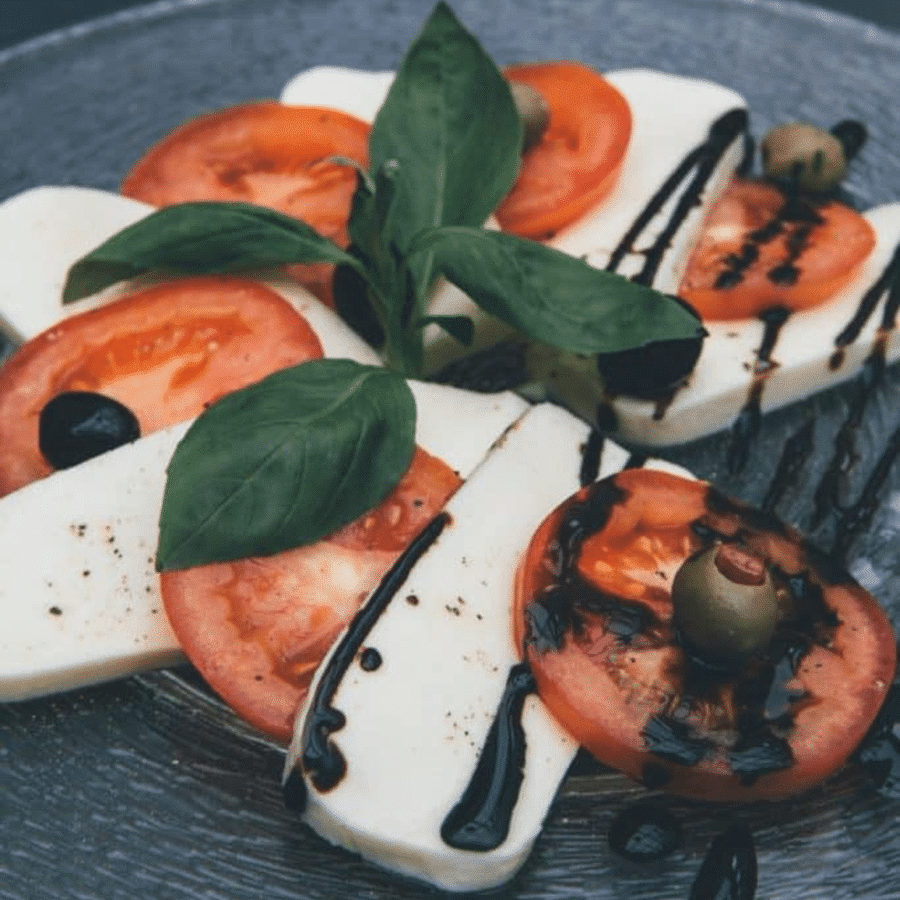
tomato slices topped with mozzarella and basil, after I checked in. Moments after I entered my room, there was a knock on the door. A waiter carried in a massive silver platter, set it down, and removed its heavy, ornate cover to reveal the largest serving of caprese I have ever seen in my life. Perhaps thirty pieces. Glistening with olive oil and far, far more than I could possibly consume. Yet I did. The juicy sweetness of each Italian tomato. The texture and milky flavor of other-worldly mozzarella. The peppery yet sweet taste of the freshest basil. The beautiful welcome of an eternally wonderful place. That will always be Rome to me.
Geneva will always be represented by a dinner of filet de perche, small perch, presumably from Lake Geneva, now swimming not in water but in butter. It was my first trip to that city. I had been taken to a ludicrously expensive restaurant and advised to order the local delicacy. When a plate of the small fish came, I devoured them. They were amazing. Then, to my astonishment, I was served another identical plate of the same delicious fish. A ritual that embraces the soul of that city, where things are structured, traditional, and done their own specific way.
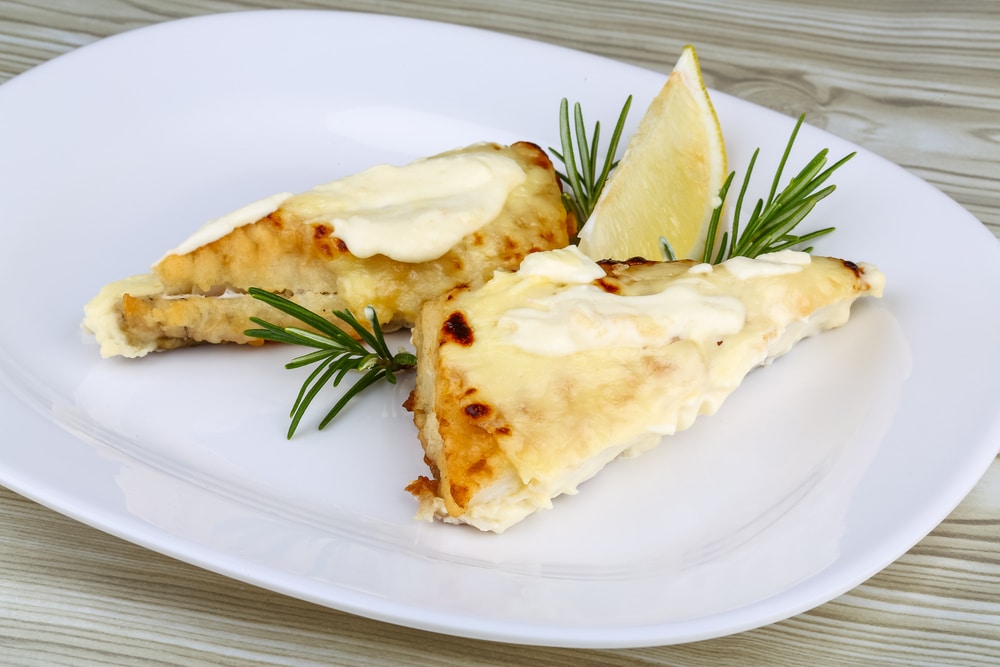
Geneva will always be represented by a dinner of filet de perche, small perch, presumably from Lake Geneva, now swimming not in water but in butter. It was my first trip to that city. I had been taken to a ludicrously expensive restaurant and advised to order the local delicacy. When a plate of the small fish came, I devoured them. They were amazing. Then, to my astonishment, I was served another identical plate of the same delicious fish. A ritual that embraces the soul of that city, where things are structured, traditional, and done their own specific way.
I was in Moscow, waiting for government approval for some project I don’t even remember, probably an interview with a bigwig. Intourist, the government travel agency we had to work with in those days, had booked us into the old Sovietskaya Hotel (the rooms were obviously pre-wired for surveillance of visiting media). It had once been grand. Now it was dark and disheveled. The massive, ornate dining room was a relic of the past, generally almost entirely empty, and the only place available for our news team to eat. So, night after night, we would go through the same routine. The waiter would ceremoniously hand us massive menus listing hundreds of dishes. After a suitable interval, he would return and ask what we wanted. I would name a dish and he would tell me that, unfortunately, that item was not available this evening. I would choose another dish. Same answer. And again. And again. Finally, I would ask him to simply tell me what was available. And he would reply, “We have a large menu, choose.” Eventually, I would give up and order one or both of the two items they appeared to have—borscht (thin and containing hot dog pieces, nothing like the rich red beet soup my grandmother used to make), or caviar and blinis. I adore caviar. The Soviet Union’s was legendary. But, to my astonishment, I learned that when one has no choice but to eat it day after day after day, even caviar can grow unappealing, even repulsive.
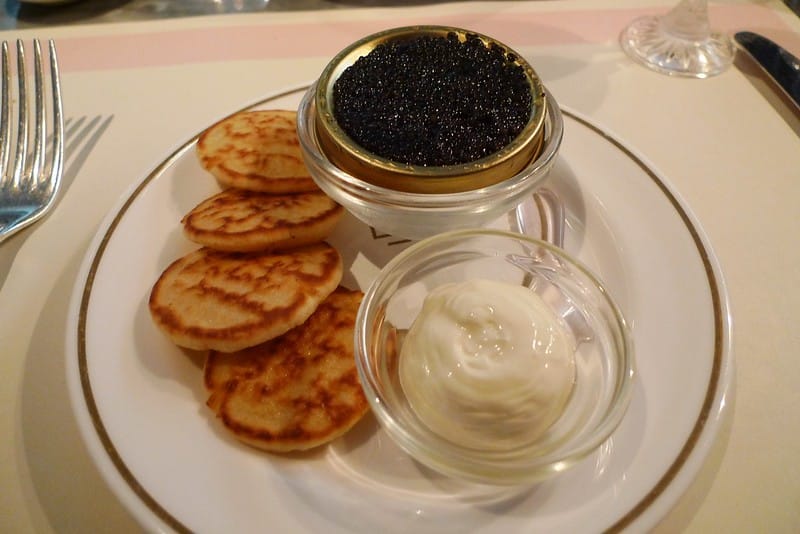
Interestingly, it is actually the taste of the blinis, that buckwheat flavor, combined with the sad mustiness of the hotel itself, that frames all of my memories of many trips to the Soviet Union. And the entire experience became the perfect metaphor for the country itself. A proud, aging, former empire, unable to provide for itself anymore, but unwilling to acknowledge reality or change to embrace it. Not much later, Soviet leader Mikhail Gorbachev would push for change. The USSR would break up into a variety of countries. But for their millions of residents today, they are still defined by the bulging menu that is, in reality, full of almost nothing.
My memories of food and place go on and on. Duck cooked and served in a speckled black pot by the tiny airport in Gdansk after interviewing Lech Walesa, the union leader who led the overthrow of the Communist government in Poland. White cheese and blood oranges at a three-in-the-morning breakfast in Khartoum with Yasser Arafat, at the time still classified as a terrorist by the US government. Fried rabbit at a formal banquet in Romania, as the government of that tragically impoverished dictatorship attempted to convince us there was no shortage of protein for their population. Couscous in Muammar Kaddafi’s ceremonial tent as the dictator’s staff tried to keep the international press corps occupied while waiting for an interview that would never happen, though I did get a one-on-one with Kaddafi later (at which I asked him if he cross dressed, but that is a story for another day).
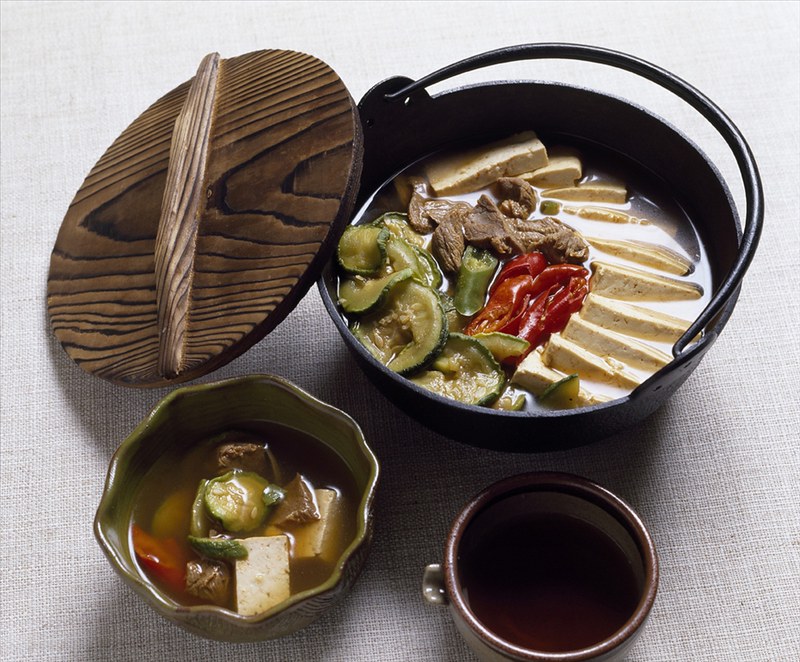
Back home in the US, I have collected untold memories unlocked by food. The brisket at Louis Mueller Barbecue in Taylor Texas. Blindingly spicy dry pot at a huge Chinese food hall in in Queens, NY. Complex mole at a small family-owned Mexican restaurant in southern New Jersey. The lobster I first enjoyed as a child on a wharf in Maine during a family vacation. Jambalaya at a roadside shack in Louisiana while on the way to an assignment at Angola State Prison. Christmas (red and green) chile sauce at a café in New Mexico. So many more. With so many memories yet to come. One dish at a time.![]()

